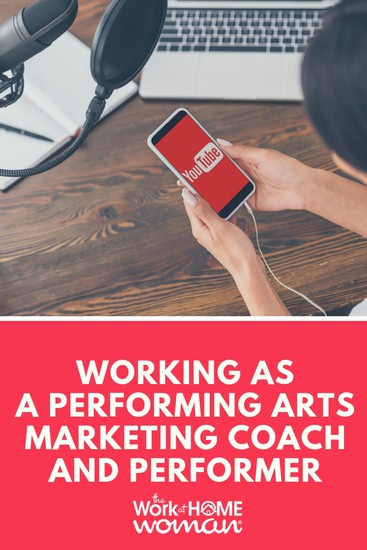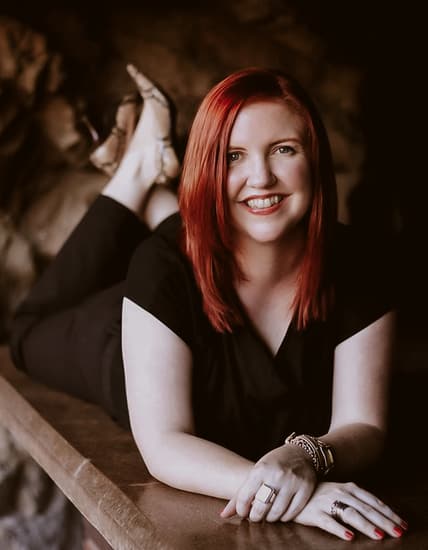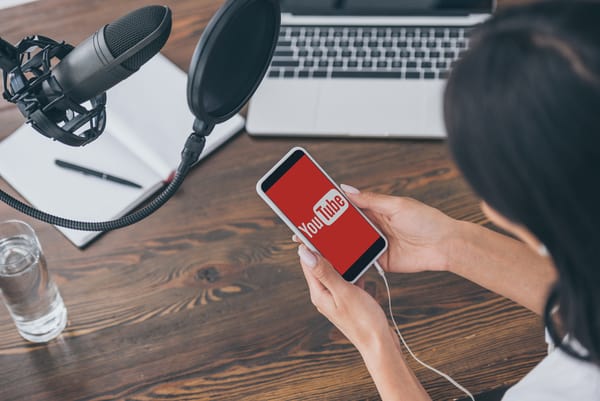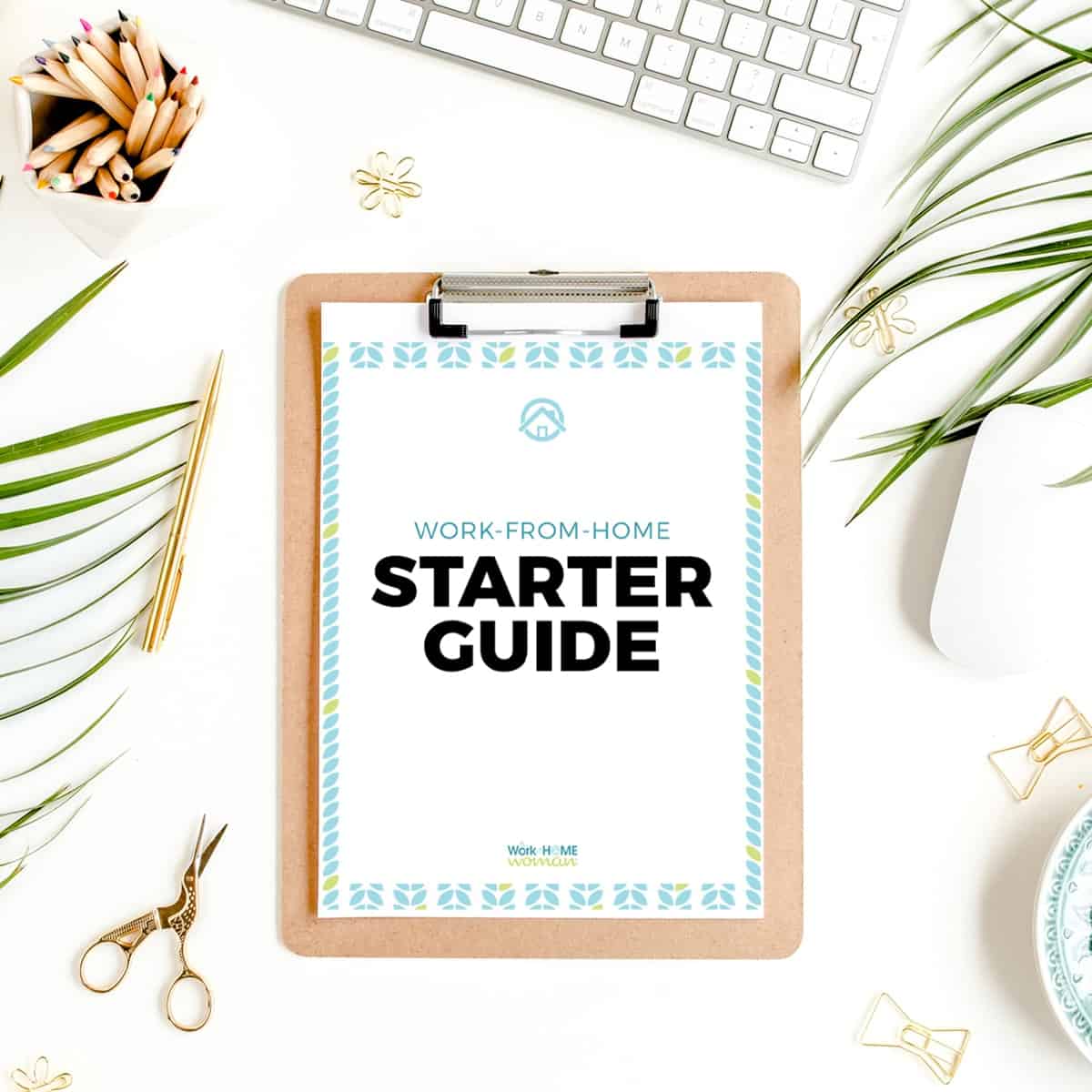 Melinda Massie is a performing arts marketing coach, published author, and performer. She teaches people in the performing arts how to market themselves. She also teaches marketing courses for TCU Extended Education and is an actress with TCU + UNTHSC School of Medicine.
Melinda Massie is a performing arts marketing coach, published author, and performer. She teaches people in the performing arts how to market themselves. She also teaches marketing courses for TCU Extended Education and is an actress with TCU + UNTHSC School of Medicine.
Prior to becoming a marketing coach, Melinda had award-winning careers in ballroom dance, event management, and professional home organization. She holds a degree in advertising and public relations.
When not teaching the art of self-marketing to fabulous performing arts people, you can find her cooking and eating indulgent foods, binge-watching her newest favorite TV show (for character research purposes of course), or drinking champagne.
And not necessarily in that order.
Find out this advertising and PR grad turned her first love of performing into a thriving home-based business as a performing arts marketing coach.
You’ve been working from home since 2008, tell us a little bit about yourself and your entrepreneurial journey.
I came into this completely accidentally. Being an entrepreneur was never on my radar. Then I lost my job along with so many others in the economic crash of 2008, and I decided that building something of my own would be a better option than relying on others for a job.
And I’ve been doing it my way ever since.
How has your online business evolved over the years?
How has it NOT evolved!
First, there are the changes in the businesses themselves.
I started as a restaurant event consultant which morphed into an event and wedding planning.
A year and a half into my event business, I added in home organization. The organizing business did so well that six months later, I dropped the event planning altogether. Over the eight years, I was a home organizer it morphed from working with the lightly cluttered to rehabilitating hoarders. I also added in business organization and marketing consulting.
Then there was my biggest change of all – dropping home organization to pursue performing arts marketing and teaching those in the performing arts how to market themselves.
 The idea to go into performing arts marketing was first sparked when my local professional symphony orchestra went on strike. I helped form a non-profit to support the musicians and was the organization’s Marketing Director. I also helped the musicians market themselves.
The idea to go into performing arts marketing was first sparked when my local professional symphony orchestra went on strike. I helped form a non-profit to support the musicians and was the organization’s Marketing Director. I also helped the musicians market themselves.
Though the beginning circumstances were grim, everything turned out well, and I knew this was my next step. It seems the weirdest shift of all, but it’s not when you know me. My background is in performance, and I’ve been a performer since I was young. I currently act professionally and am a former professional ballroom dancer. I also sing and have played the flute and piccolo. My degree is in advertising and public relations, and I’ve been marketing my own businesses since 2008.
So really, this work perfectly encompasses everything I’ve learned along the way, uses my powers for good instead of evil, and I’m thrilled that I get to help my fellow performing arts people in this vital way.
Logistically, my business has changed and improved significantly as technology has changed and gotten better. When I first started, DIY websites and graphics looked … well … less than splendid. Mine included. Now it’s significantly easier to create a professional and polished online presence for a reasonable rate. It’s also easier to create systems and automate tasks so that, especially if you’re a one-person show, you can do what needs to be done in a simplified and manageable way.
What types of marketing strategies have worked best for you?
Blogging has by far been my strongest marketing tool, as well as social media – especially to share the blog. With blogs, you get to really showcase what you do, how you do it, and who you are – all things that build the know, like, and trust factor which is necessary to turn someone into a client.
(For those who haven’t heard of the know, like, and trust factor – it’s the marketing principle that says that when comparing like items and all other factors are equal, a person will choose the item they know, like, and trust. It’s vital to have awareness of this through all your marketing efforts.)
My best strategy BY FAR is showing up authentically, showing up consistently, and interacting with my audience. Too often we’re afraid that it’ll be too much or we’ll annoy people, but information moves QUICKLY. It’s easy to miss things.
You know how you miss things on social media and can’t keep up? Your audience can’t either. And that’s OK! It’s why you keep sharing and showing up!
Plus, by doing this, you show your audience that you’re stable. You can be trusted to not disappear as soon as someone has handed over their money.
Also, respond in some way (like, reply, etc.) when people comment! This doesn’t mean you have to be online all the time, but at least check in a couple of times a day just to make sure you don’t miss anything. It’ll make people feel appreciated, which again adds to that know, like, and trust factor and helps them bond with you!
When I don’t show up and post consistently on my blog and social media, I see a major drop in my numbers. It’s BY FAR the most important thing I do.

How do you diversify your income streams?
I’m always looking for options to help a wide variety of budgets.
In my personalized coaching practice, I offer multiple packages that vary widely in the amount of help and rates. I always want to give clients the most for their money.
I just published my first workbook in a series called The Performing Arts Marketing Crash Course. These workbooks will walk the reader through a variety of marketing needs so they can market themselves with ease and confidence. This first one is on the basics of marketing and how to write a marketing plan. After they’ve all been created, you’ll have everything you need to know. Then people can use them all or pick and choose only the ones they need.
I love flexibility and variety.
In addition to the workbooks, I teach workshops and am looking into creating online courses.
I also sell products like t-shirts, mugs, and totes!
What has been the key to your success and longevity?
Audacity and tenacity paired with introspect and flexibility.
Audacity and tenacity because you must be able to keep going, even if everyone tells you you’re wrong or it can’t be done.
When I started my event business in 2008, well, obviously it wasn’t a good economy to essentially be whipped cream in. SO MANY people told me I was being stupid and would never get hired. “Nobody is hiring event planners anymore. Don’t you watch the news? We’re in a recession.”
My reply? “I do not choose to participate in your recession.”
And I didn’t.
Was it always easy? No. Did I sell things off and make big cutbacks? Yes.
But I made it work, sometimes only to spite everyone who said “no.”
The introspect and flexibility are necessary because sometimes things don’t work, and you need to not be SO tied into an idea that you ignore everything and go down with a flaming ship. Plus, there might be the best idea just adjacent to this thing you’re too tightly gripping to.
Business and marketing are a constant experiment. Play with ideas. If they work, keep them. If they don’t, be willing to drop them.
Fail fast. Learn the lesson. Apply it going forward.
What has been your biggest struggle as an online entrepreneur?
In all honesty, maintaining daily routines and getting out of the house more often!
I’d always been so Type A that I had NO idea that I contained an “inner sloth” until I started working from home. But without an outside job forcing me to a 9-5 routine and leave the house, I realized how easy it was to dive into a project or work and get things done, then realize that it was 4p and I still hadn’t showered yet.
And if I’m working on a book and don’t have anything on my calendar? Forget it. I’m going to end up in the “Creative Cave” writing for days without much human interaction beyond the cashier at Trader Joe’s when I need to replenish snacks.
I’ll also end up with a whole book, so it’s not *all* bad.
I’ve tried to create more healthy habits when I’m deep in the book process, but they never stick. This is my book process, and I accept it and plan for it.
When I’m not working on a book or other major project, I try to have at least a few things on my calendar that will get me out of the house each week. It doesn’t always happen, but it’s always a work in progress. This is easier to accomplish when I’m in a show and have rehearsals and performances to break up my days.
The simple truth is, I don’t have a normal work life and schedule, so my daily routine isn’t going to look like a “normal” one. And really, as long as I’m still well-fed, well-cared for, and get done what needs to get done, everything will be A-OK.
How do you manage all of your personal and business activities?
I am ALL ABOUT a good plan, a to-do list, and a calendar system.
Meticulous organization is my key to staying on top of everything … especially if I also have a show on top of my usual work.
Do things always go according to plan? Of course not. But having a plan makes it easier to adjust if need be.
Anything else you’d like to add?
Working from home takes so much discipline. There are a lot of myths out there, and it’s not for everyone. If it’s not for you, that’s totally cool. If it is for you, it has so many benefits, and it’s so rewarding to create something of your own that you love and can be paid for.
If you’ve thought about it, go for it! If what you want to do isn’t out there, create it!
You’ll Also Love These Posts:
Studies have shown if you like this blog post — you will also love the following articles.
- Working as a Writer, Director, and Producer – Interview with Anne Flournoy
- How to Work From Home as a Voice Actor
- Best Work-at-Home Careers for Music Lovers
Originally published December 24, 2012. Content updated October 2, 2019.
This page includes affiliate links. Please be aware we only promote advertising from companies that we feel we can legitimately recommend to our readers. Please see our disclosure policy for further information.






Leave a Comment